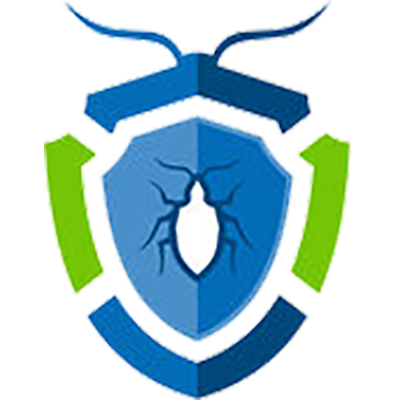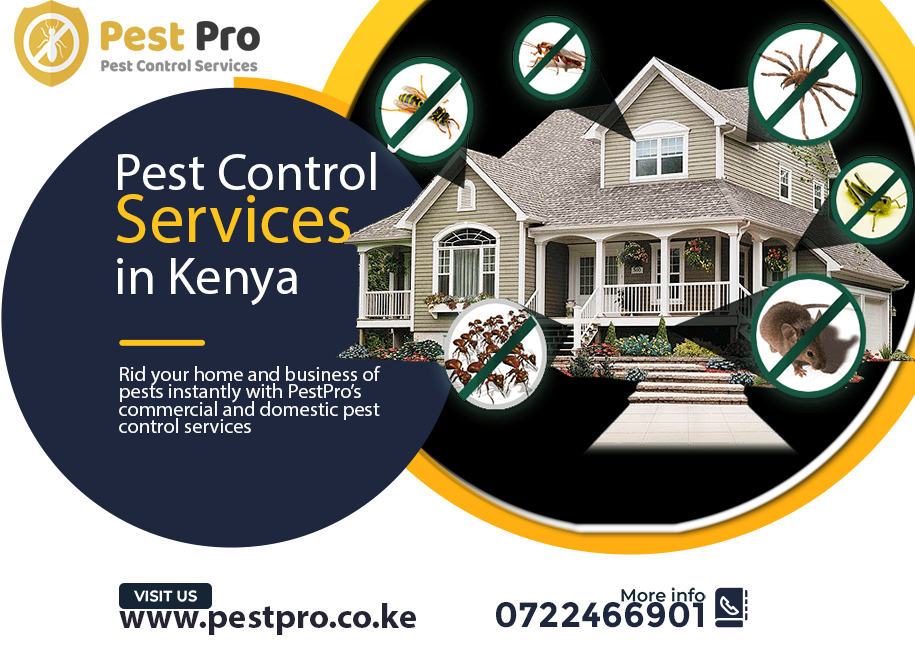Getting Ready For Pest Control Inspection
You do not want your business to have any problems with regulatory bodies and health inspectors. We will get you to a point of complete confidence for a visit by health inspectors. Our Pest control services and commercial cleaning services ensure that your food processing factory or restaurant is conducive for your workers, customers, and in the perfect state for productive business.
Inspection of Food Processing Machinery.
Food products and excess moisture build-up around equipment is attractive to a variety of pests, including rodents and cockroaches. Your pest control partner will inspect all machinery to ensure these areas are easy to clean and sanitized regularly to prevent food and moisture build-up that could attract pests.
Storage Areas Inspection for pests.
Product storage areas are ideal for pests as dark corners and clutter provide ample hiding places. During the inspection, your pest control partner will look for any signs of damage to boxes and bags as rodents are known to chew through cardboard boxes in search of food and nesting materials. They will also look to ensure that products are sealed and stored properly to minimize the risk of any future infestations.
Employee Breakrooms and Bathrooms Pest Inspection.
Crumbs, spills or food left out in employee break rooms and excess moisture in bathrooms are an open invitation for pests. Your pest control partner will inspect these areas to ensure there is no trash build-up and that all plumbing fixtures are working properly.
Garbage Disposal Areas Inspection for pests.

Garbage cans and dumpsters are ideal for pests as they provide food and nesting materials. During inspection, your partner will ensure all dumpsters have a closable lid, are not located near entry points and are emptied frequently.
Regular inspection is a crucial component of any successful integrated pest management (IPM) plan, which your pest control partner will implement according to your facility’s location and nuanced needs.
By utilizing this process, which consists of routine inspection, identification and treatment, your pest control partner can easily identify problem areas within the facility and apply the appropriate treatments to ensure pests do not enter.
Additional Steps.
In addition to working with a licensed pest control company, facility managers should take the following measures:
- Ensure employee kitchens and break rooms are clean by wiping down counter tops and sweeping floors to remove crumbs and residue from spills.
- Vacuum and clean all areas regularly, including offices, hallways, lobbies and public bathrooms.
- Routinely check under sinks and machinery for areas of moisture and repair any leaky pipes or clogged drains.
- Store all food products in sealed containers and organize empty boxes to prevent harborage areas.
- Keep trash in sealed containers inside the building and remove them from the facility regularly. Ensure dumpsters are far away from any building entry points.
- Inspect the exterior of the building to ensure there are no entry points, paying close attention to areas where pipes and utilities enter the building, and seal any gaps or cracks in the foundation.
- Install door sweeps on exterior doors to seal the gap between the floor and the door where pests can enter.
- Remove debris from gutters and direct water away from the building through properly functioning downspouts, gutters and splash blocks.
- Install a gravel perimeter around the building to help discourage vegetation growth around the foundation that could harbor pests.
- Ensure the grounds surrounding the facility are properly maintained, as overgrown vegetation can attract pests to the property.
One inspection or treatment a year is not enough to combat the threats pests pose. Facility managers must take the proper steps to proactively prevent an infestation, the most important being a year-round partnership with a licensed pest control company.

